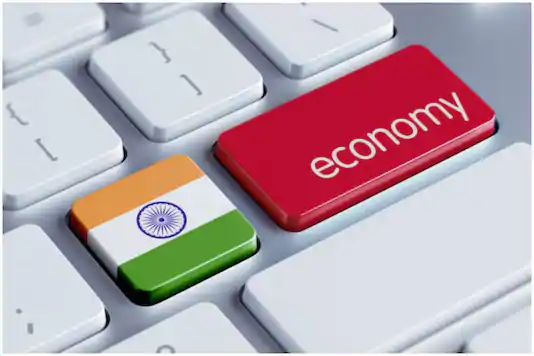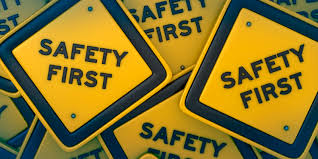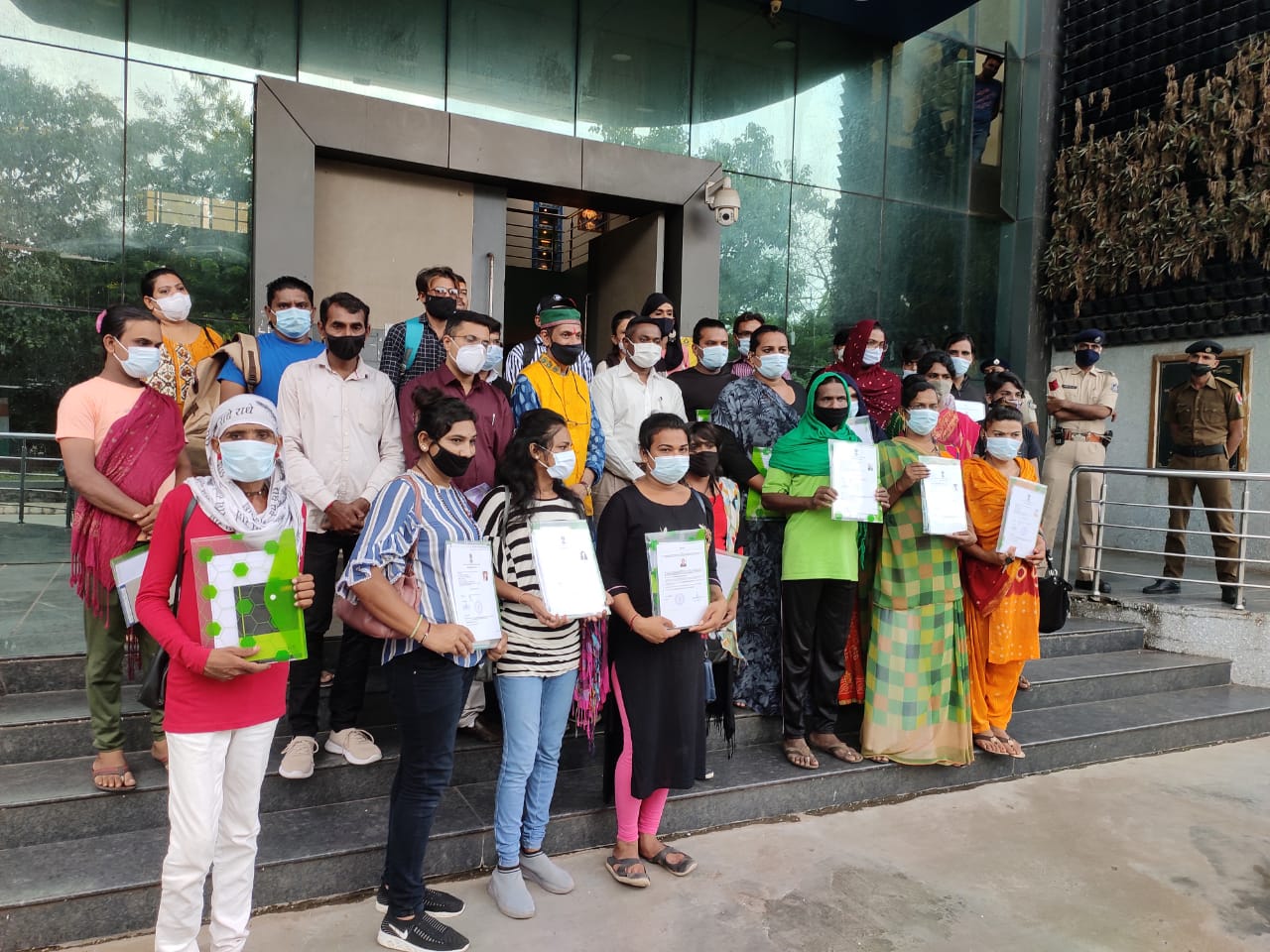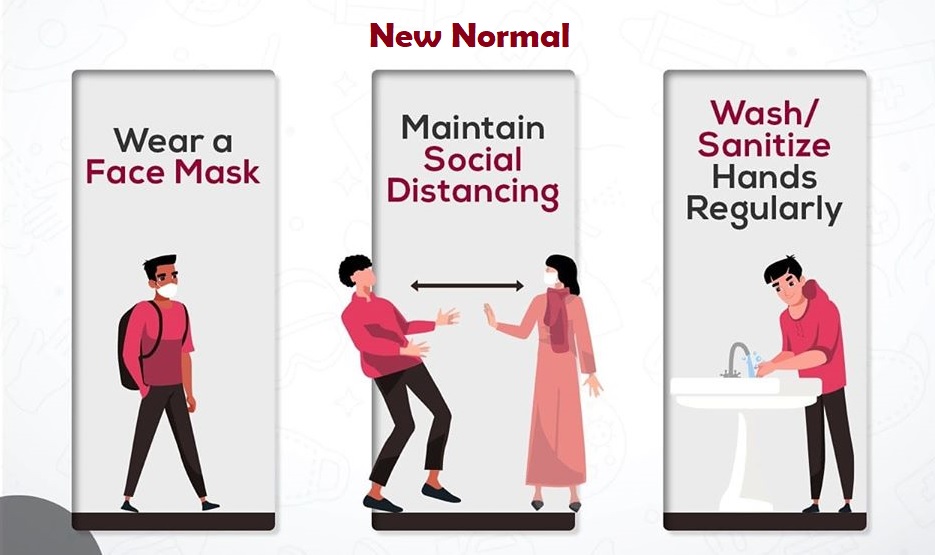
Communication in times of Covid19
- By Rakesh Godhwani --
- june 16, 2020
Communication, Crisis, Leadership, Speechwriting
June first week saw 1,300 garment workers in Srirangapatnam lose their jobs overnight; an all too familiar narrative dictated with alarming alacrity by the marauding coronavirus pandemic. Over the last eight months, the virus, which first raised its ugly head in the bustling metropolis of Wuhan, China, has with staggering impartiality, impacted almost every kind of economic entity. Revenue streams have dried up; bank reserves are depleting, tenues have violently splintered, and the economic hierarchy has been shattered, rendering the future unpredictable. Almost all sectors have been affected, but BEACH - Booking, Entertainment, Airlines, Cruises and casinos, and Hotels and Resorts – has been one of the worst-hit with a collective loss of $332 billion.
In other words, chaos in the financial world reigns, with experts claiming that COVID will cost the global economy upwards of $2.7 trillion. The situation, from both economic and humanitarian perspective, is dire, but it also lays the foundation for heads of commercial entities to stop hiding behind their titles and transition into inspiring leaders. With crisp, compassionate, and transparent communication as their principal weapon, these industry leaders have their task cut out for them - allay fears among their stakeholders and infuse their colleagues with much-needed confidence.
Leaders and crisis:
Companies embroiled in crisis or affected by external upheavals often turn to their Public Relations team to bail them out through well-worded press releases that adeptly combines shifting of the blame with obfuscation of facts. Industry leaders, worldwide, will do well by not resorting to time and tested PR machinations, and instead, initiate decisive and transparent communication with their stakeholders. Given the current climate, industry leaders should share the mantle of communication with their PR teams, and go one step further and make these interactions personal.
The post Covid19 world, more than ever, needs to hear words of reassurance, resilience, and trust from leaders who in turn have to be upfront, raw and unfiltered.
They only have to look back in time for effortless and powerful communication by their predecessors for inspiration. History is sprinkled with cases where leaders took the wheel, veering their companies and consumers’ confidence back on track. One such instance of effective corporate communication is the Johnson & Johnson Tylenol incident, a gold standard in not only industry leadership communication, management and strategizing but also crisis management.
Be available:
In 1982, when seven people lost their lives after taking cyanide-laced Tylenol medications, CEO Jim Burke acted fast. He ordered the removal of Tylenol boxes from markets and engaged with all patrons, including national media. Burke’s prompt words and actions not only reflected sympathy but also refrained from shifting the blame on others; a move that Cadbury India failed to emulate in 2003 when some of their products were found to be infested with worms.
Johnson & Johnson’s response from the beginning seemed more about saving lives than saving the company’s name. Soon after the first deaths were reported, the company set up toll-free numbers and sent 450,000 telex messages to various hospitals. It also stopped Tylenol advertising. Jim Burke was visible in all prime-time news and talk shows to face questions from concerned citizens and explain the steps they were taking to deal with the situation. These swift actions not only saved lives but also renewed consumers’ trust in the brand.
Be personal:
Using obscure legal jargon to communicate with employees or consumers makes the interaction robotic, devoid of emotions. Airbnb co-founder and CEO Brian Chesky’s seventh email in which he writes about laying off 25 per cent of his staff is an example of efficient yet compassionate communication. A considerable portion of his letter focussed on how the company will help those who are impacted by providing an adequate severance package, equity status, and also allowing his colleagues to keep their company-issued Apple laptops. More importantly, he used the word ‘love’ more than once, signifying not just empathy and kindness but also an acute knowledge of the impact the right kind of words have on the readers.
As a Communications researcher and teacher, I spend a lot of time reading and analysing speeches of distinguished CEOs, but rarely have I come across an address that dares to use basic, identifiable words - emblematic of regular human discussions. Unfortunately, many of these speeches are not written by the CEO and hence don’t carry a personal connect; they are penned by their PR teams and use legal department approved jargon like ‘regret’ or ‘inconvenience’.
When communicating with your staff and consumers, be human. Take the CEO/Founder cloak off. Be an inspiring leader and talk to them like you genuinely care and kill their trepidation through words that elicit trust and loyalty.











































































Rakesh Godhwani